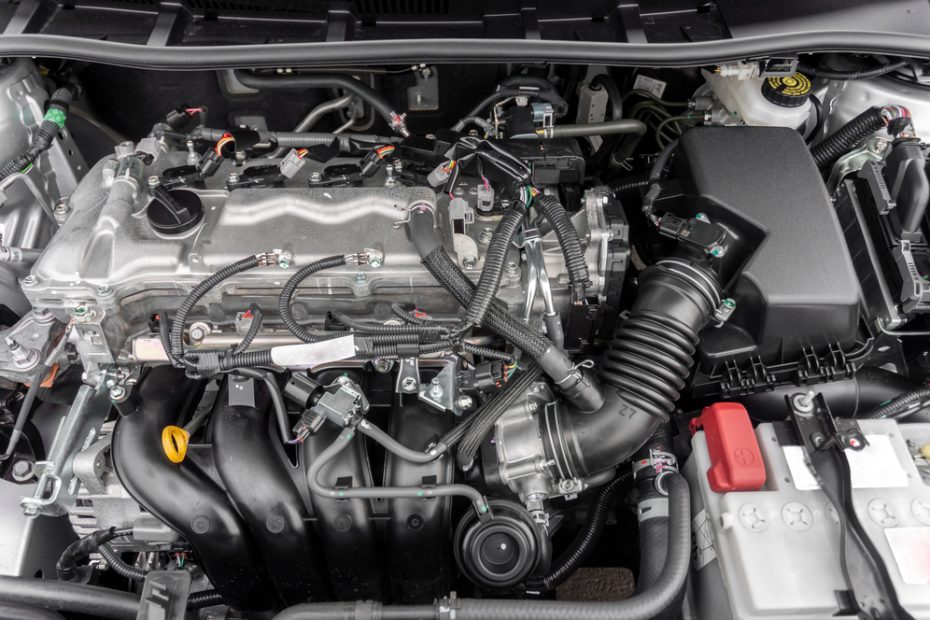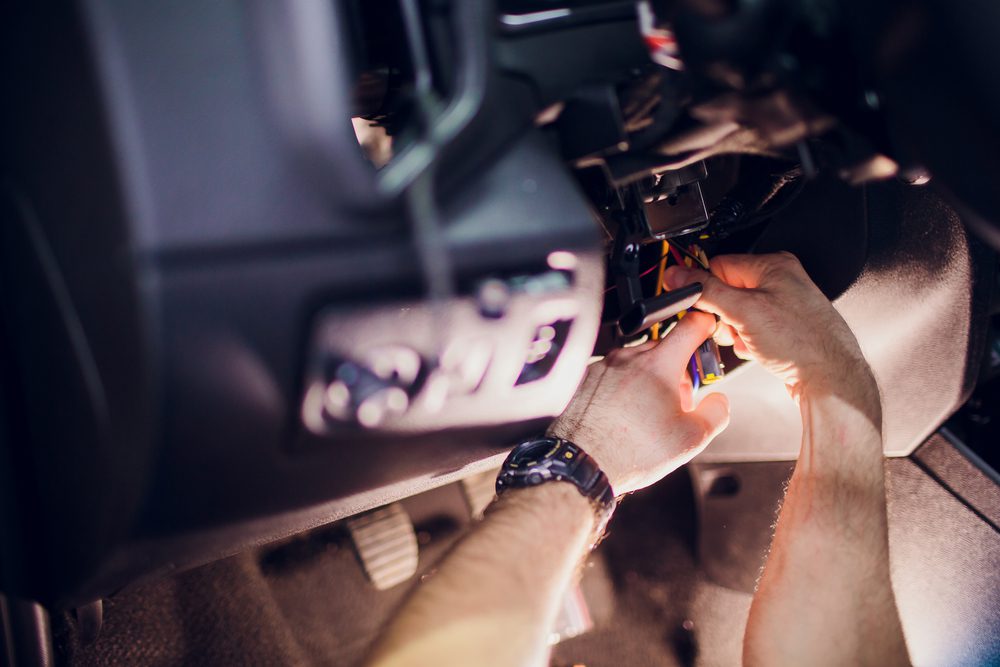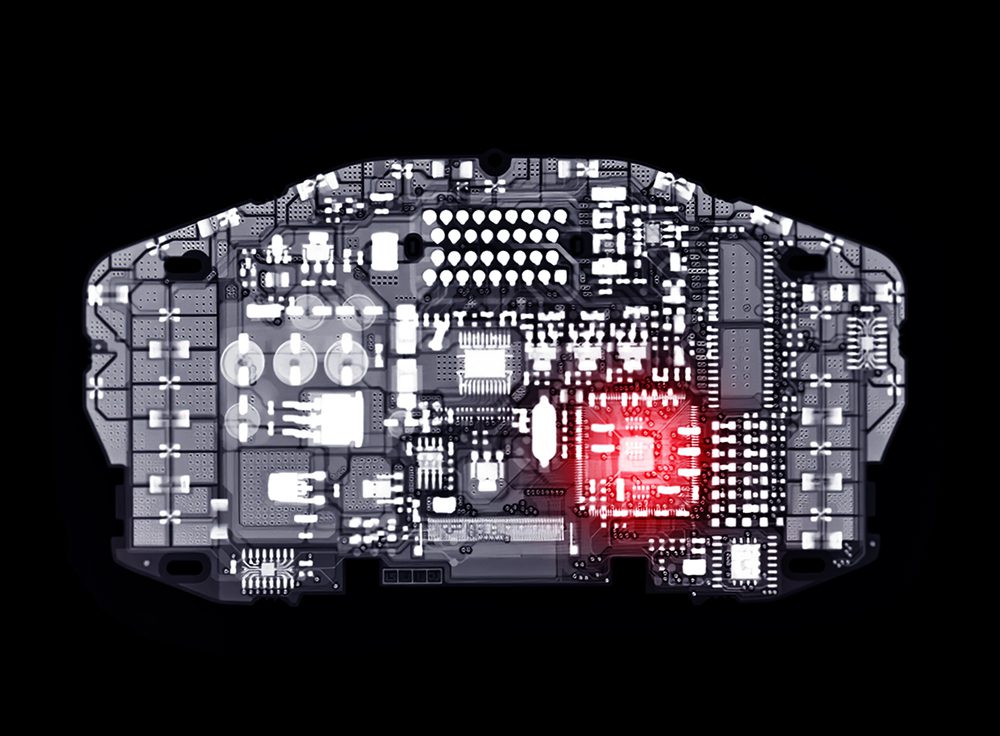How do I know if my injectors are gone in my car?
Injectors are an essential component of a car’s fuel delivery system. They are responsible for delivering the correct amount of fuel to the engine cylinders at the right time. However, like any other part of a car, injectors can wear out or become faulty over time. Knowing if your injectors are gone is crucial for maintaining the performance and efficiency of your vehicle.
Signs of Faulty Injectors
There are several telltale signs that can indicate that your injectors may be faulty:
- Poor Fuel Economy: If you notice a significant decrease in your car’s fuel efficiency, it may be a sign that your injectors are not functioning optimally. Faulty injectors can cause an imbalance in the air-fuel mixture, leading to excessive fuel consumption.
- Engine Misfires: A misfiring engine is a clear indication of a problem with the fuel delivery system. If one or more injectors are faulty, they may not be providing the required amount of fuel to the engine, resulting in misfires or rough idling.
- Loss of Power: Faulty injectors can disrupt the combustion process, leading to a significant loss of engine power. If you feel a noticeable decrease in acceleration or overall performance, it could be due to damaged or clogged injectors.
- Strange Engine Noise: When injectors fail or become clogged, it can disrupt the proper atomization of fuel, resulting in unburned fuel entering the engine cylinders. This can cause knocking or pinging noises from the engine.
Diagnosing Injector Issues
If you suspect that your injectors may be gone, there are a few diagnostic steps you can take:
- Perform a Visual Inspection: Start by inspecting the injectors for any visible signs of damage, such as leaks or cracks. Additionally, check for any clogs or deposits that may be obstructing the fuel flow.
- Check for Engine Codes: Using an OBD-II scanner, you can retrieve any stored fault codes related to the fuel injection system. This can provide valuable insights into the specific injector(s) that may be causing the issue.
- Conduct a Fuel Pressure Test: A fuel pressure test can help determine if the injectors are delivering fuel at the correct pressure. Low fuel pressure could indicate a failing injector or a problem with the fuel pump.
“If you notice any of the aforementioned signs or suspect that your injectors are faulty, it is recommended to consult a qualified mechanic for a proper diagnosis and repair.”
In some cases, cleaning or servicing the injectors may resolve the issue. However, if the injectors are severely damaged or beyond repair, they may need to be replaced.
Preventing Injector Problems
To minimize the risk of injector issues in your car, it is important to follow these maintenance practices:
- Use High-Quality Fuel: Using top-tier gasoline can help prevent the build-up of deposits in the injectors, ensuring their proper functioning.
- Regularly Clean the Fuel System: Periodically cleaning the fuel system, including the injectors, can help remove any accumulated deposits and maintain their performance.
- Replace Fuel Filters: Clogged or dirty fuel filters can restrict the flow of fuel to the injectors, causing them to work harder and potentially fail. Replace the fuel filters as recommended by your car manufacturer.
By taking these preventative measures and promptly addressing any signs of injector problems, you can keep your car running smoothly and avoid costly repairs in the long run.
What does a faulty injector sound like?
Injectors are an essential component of a car’s fuel system, responsible for delivering the right amount of fuel to the engine at the correct time. When injectors become faulty, there are certain sounds that can indicate potential problems. Recognizing these sounds can help you diagnose whether your injectors are failing in your car.
1. Tapping or clicking noise
A common sign of a faulty injector is a tapping or clicking noise coming from the engine. This sound can occur when the injector is not functioning properly and is not delivering fuel evenly. If you hear this noise consistently, it is advisable to have your injectors checked by a professional.
2. Hissing or spraying sound
Another indication of a faulty injector is a hissing or spraying sound. This noise can occur when the injector is leaking or stuck open, causing fuel to be sprayed excessively. It is important to address this issue promptly, as leaking injectors can lead to poor fuel economy and potential engine damage.
3. Rough engine idle
A faulty injector can also cause a rough or uneven idle in your car. This can manifest as engine vibrations or fluctuations in RPM while the vehicle is at rest. If you notice your engine running less smoothly than usual, it is worth considering the possibility of faulty injectors as a potential cause.
4. Decreased performance
When injectors are not functioning properly, they can affect your car’s overall performance. You may experience a decrease in power, acceleration, or fuel efficiency. If you notice a significant drop in any of these areas, it is recommended to have your injectors inspected by a mechanic.
5. Check engine light
In some cases, a faulty injector can trigger the check engine light on your dashboard. This warning indicator can be a sign of various issues, including problems with the fuel injection system. If the check engine light remains illuminated, it is crucial to have your vehicle diagnosed by a qualified technician.
Remember: If you suspect your injectors are faulty based on any of these sounds or symptoms, it is important to address the issue promptly. Faulty injectors can negatively impact your car’s performance and potentially lead to costly repairs if left unattended.
Are fuel injectors checked on MOT?
The importance of fuel injectors
Fuel injectors play a crucial role in the performance and efficiency of a car’s engine. They are responsible for delivering the right amount of fuel into the combustion chamber for optimal combustion. Over time, however, fuel injectors can become clogged or faulty, leading to a decrease in engine performance and fuel economy.
What is an MOT test?
The MOT test is an annual inspection that assesses the safety and roadworthiness of vehicles in the UK. It covers various aspects such as brakes, lights, tires, and emissions. However, fuel injectors are not specifically included in the standard MOT test.
Should fuel injectors be checked during MOT?
While fuel injectors are not directly checked during the MOT test, any issues with them can indirectly affect the emissions and overall performance of the vehicle. If you suspect that your fuel injectors are faulty or causing problems, it is advisable to have them inspected and cleaned by a qualified mechanic outside of the MOT test.
Signs of faulty fuel injectors
If you’re unsure whether your fuel injectors are functioning properly, look out for the following signs:
- Decreased fuel efficiency
- Engine misfires or hesitation
- Rough idling or stalling
- Unusual smells from the exhaust
- Difficulty starting the engine
Getting your fuel injectors checked
To determine if your fuel injectors are gone or experiencing issues, it is recommended to consult a qualified mechanic or take your car to a reputable automotive service center. They can perform a diagnostic test to identify any problems with the fuel injectors and provide necessary repairs or cleaning.
Tip: Regular maintenance and cleaning of fuel injectors can help prevent issues and maintain optimal engine performance.
Why is my fuel consumption so bad?
High fuel consumption can be frustrating and costly. Here are some common reasons why your fuel consumption may be higher than expected:
1. Driving Habits
Your driving style plays a significant role in fuel efficiency. Aggressive driving, such as rapid acceleration and hard braking, can increase fuel consumption. By adopting a more relaxed driving style, you can improve fuel efficiency.
2. Vehicle Maintenance
Poorly maintained vehicles often have higher fuel consumption. Regular maintenance, including oil changes, air filter replacements, and tire rotations, can help optimize fuel efficiency. Ensure that your vehicle is serviced according to the manufacturer’s recommendations.
3. Underinflated Tires
Underinflated tires create more rolling resistance, resulting in increased fuel consumption. Check your tire pressure regularly and ensure they are inflated to the recommended level. This information can be found in your car’s manual or on the inside of the driver’s side door jamb.
4. Excessive Weight
Carrying unnecessary weight in your vehicle can negatively impact fuel efficiency. Remove any items from your trunk or backseat that you don’t need, as extra weight requires more energy to move and increases fuel consumption.
5. Poor Aerodynamics
Vehicle design and aerodynamics can affect fuel consumption. Roof racks, open windows, and spoilers can create drag, which increases fuel usage. When possible, remove roof racks and close windows to reduce air resistance and improve fuel efficiency.
6. Fuel Quality
Using poor quality or lower octane fuel can impact your car’s performance and fuel consumption. Stick to the recommended fuel type for your vehicle and consider using reputable fuel stations to ensure better fuel quality.
7. Traffic Congestion
Stop-and-go traffic and frequent idling can significantly increase fuel consumption. Whenever possible, plan your routes to avoid congested areas and try carpooling or using public transportation to reduce mileage and save on fuel costs.
8. Mechanical Issues
Faulty or worn-out components, such as a malfunctioning oxygen sensor or fuel injector, can cause poor fuel economy. If you suspect a mechanical issue, it’s advisable to have your car inspected by a qualified mechanic to identify and rectify any problems.
9. Driving Conditions
Fuel consumption can be higher in adverse driving conditions such as extreme cold, excessive heat, or hilly terrain. These conditions require more energy to maintain speed, resulting in increased fuel usage. Keep this in mind when planning your journeys.
10. Incorrect Fuel Injector Function
Faulty or clogged fuel injectors can lead to poor fuel atomization, inefficient combustion, and increased fuel consumption. If you suspect your fuel injectors may be the issue, it’s advisable to have them inspected and cleaned or replaced if necessary.
Remember: Paying attention to your driving habits, maintaining your vehicle properly, and addressing any mechanical issues promptly can help improve your fuel efficiency and reduce fuel consumption.
Conclusion
Although fuel injectors are not specifically checked during the MOT test, it’s important to keep them in good condition to ensure optimal engine performance and fuel efficiency. If you suspect any issues with your fuel injectors, it is recommended to consult a professional for proper inspection and maintenance. Keeping your fuel injectors clean and well-maintained can prolong their lifespan and avoid potential costly repairs.



